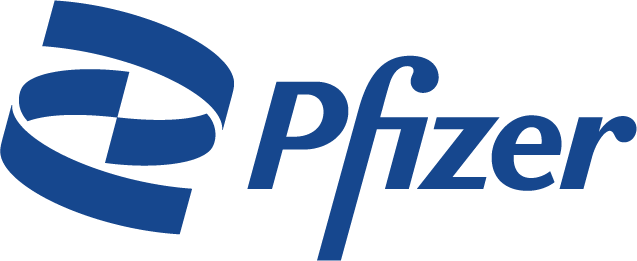Article
Pfizer-BioNTech COVID-19 Vaccine Shows High Efficacy Marks
Author(s):
The companies hope the mRNA vaccine will become the first to be granted full FDA approval.

This article was originally published in ContagionLive.
The first COVID-19 vaccine to receive Emergency Use Authorization (EUA) may also be the first to be granted full US Food and Drug Administration (FDA) marketing approval.
Pfizer and BioNTech’s two-dose mRNA vaccine BNT162b2, the first product granted an EUA by the FDA for the prevention of COVID-19 in older adolescents and adults last December, now has topline phase 3 study results through 6 months after the booster dose in real-world participants.
The mark of 6 months, bolstered by significant efficacy in preventing symptomatic COVID-19 with few side effects, would warrant submission of the vaccine back to the FDA for a Biologic License Application (BLA).
The Data
In new data presenting 927 confirmed symptomatic COVID-19 cases through March 13, investigators reported BNT162b2 was associated with a 91.3% efficacy against COVID-19, when gauged as cases 7 days to 6 months after the second vaccine dose.
The analysis comes from the ongoing, real-world, phase 3 assessment of 46,307 participants. From the 927 confirmed cases, 850 were among participants given placebo, and just 77 were among participants given the vaccine, providing the efficacy of 91.3% (95% CI, 89.0 – 93.2).
What’s more, investigators reported a sustained 100% efficacy in preventing severe COVID-19 cases, as defined by US Centers for Disease Control and Prevention (CDC) standards, versus placebo. All 32 observed severe disease cases were in the placebo group, versus none in the vaccine group.
By severe COVID-19 standards defined by the FDA, there was just 1 case among BNT162b2 participants, versus 21 in the placebo group, indicating a 95.3% efficacy (95% CI, 71.0 – 99.9).
In South Africa, where the transmissible SARS-CoV-2 variant B.1.351 lineage is more prevalent, 9 of 800 participants were observed to have COVID-19. All infected participants were in the placebo group. Of those infected, 6 cases were confirmed to be of the B.1.351 lineage via sequencing.
“These data support previous results from immunogenicity studies demonstrating that BNT162b2 induced a robust neutralizing antibody response to the B1.351 variant, and although lower than to the wild-type strain, it does not appear to affect the high observed efficacy against this variant,” Pfizer wrote in a statement.
Investigators reported no serious safety concerns in trial participants up to 6 months following the second vaccine dose. BNT162b2’s safety has now been assessed in 44,000-plus participants aged 16 years and older.
Next Steps
Pfizer and BioNTech intend to submit the six-month data for publication in a scientific peer-reviewed journal. The data will also be included in a BLA submission to the FDA, which has currently granted EUA to 3 COVID-19 vaccines, but marketing approval to none.
“These data confirm the favorable efficacy and safety profile of our vaccine and position us to submit a Biologics License Application to the U.S. FDA,” Albert Bourla, chairman and chief executive officer of Pfizer, said in a statement. “The high vaccine efficacy observed through up to six months following a second dose and against the variant prevalent in South Africa provides further confidence in our vaccine’s overall effectiveness.”
Aside from putting the pharmaceutical partners in a leverageable position as the first likely COVID-19 vaccine vendors in the US, the six-month outcomes are a crucial benchmark for durable pandemic virus immunity.
“It is an important step to further confirm the strong efficacy and good safety data we have seen so far, especially in a longer-term follow-up,” Ugur Sahin, chief executive officer and co-founder of BioNTech, said. “These data also provide the first clinical results that a vaccine can effectively protect against currently circulating variants, a critical factor to reach herd immunity and end this pandemic for the global population.”





